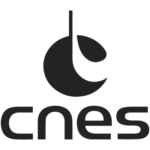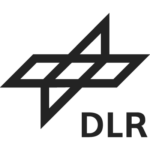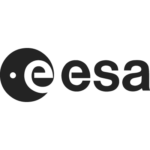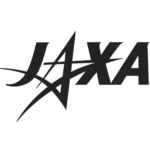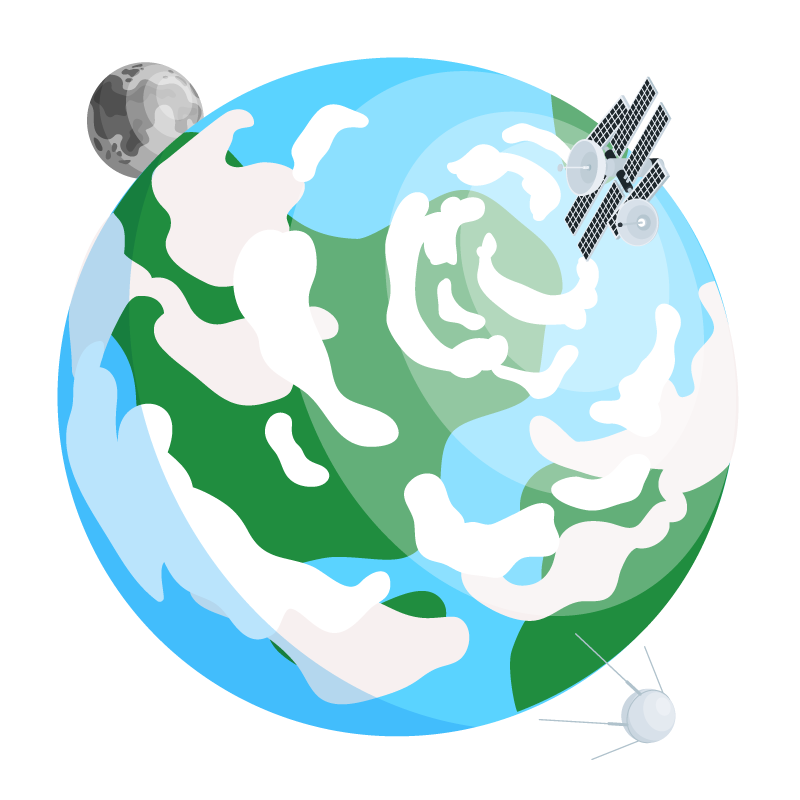
About LETTERSS
Lead-free Transition for the European Space Sector.
ID CARD
| GRANT AGREEMENT NUMBER | 101135428 |
| FULL NAME | Lead-Free Transition for the European Space Sector |
| ACRONYM | LETTERSS |
| HORIZON EUROPE CALL | HORIZON-CL4-2023-SPACE-01 |
| FUNDING AGENCY | Health and Digital Executive Agency |
| TYPE OF ACTION | RIA |
| START DATE | 01 January 2024 |
| DURATION | 36 months |
| FUNDING | 2.7 million € |
| COORDINATOR | SCALIAN OP |
| CONSORTIUM | 11 Partners |
DESCRIPTION
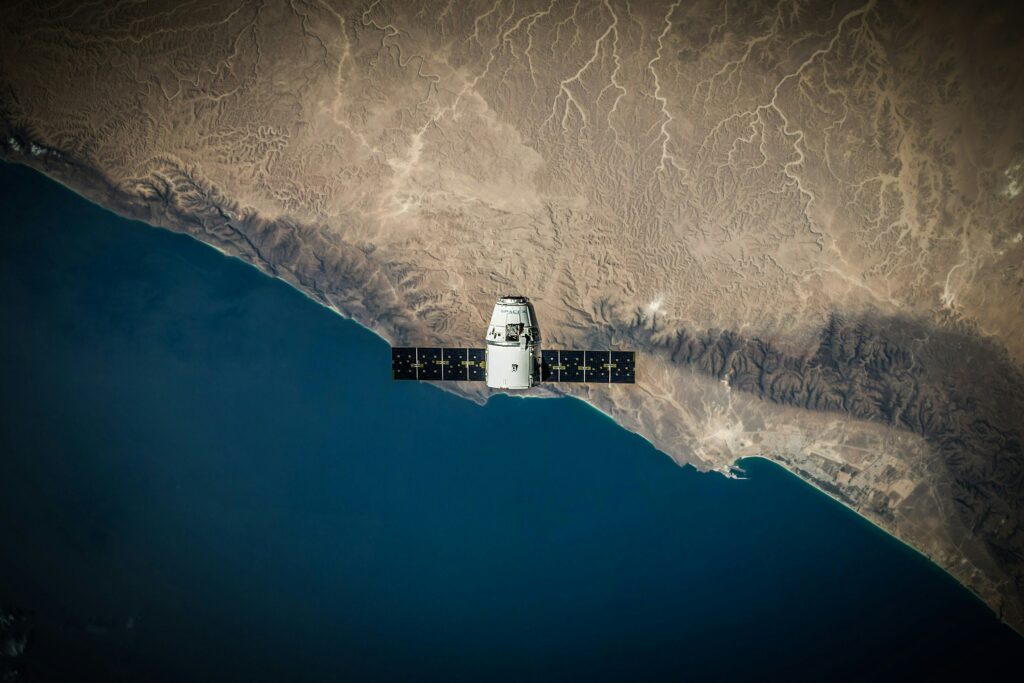
The transition to lead-free electronics is posing challenges to the space industry. The sector is increasingly using more EEE parts with lead-free finishes. This is true despite the availability of equivalent leaded versions and the sector’s exemption from some restrictions.
The EU-funded LETTERSS project will examine the barriers preventing the wider use of COTS components in space projects and evaluate the reliability of two promising lead-free solders. The switch to lead-free-electronics also raises the risk of catastrophic satellite failure due to whisker growth, a problem previously mitigated by using tin-lead solders. The basic research conducted in LETTERSS will advance the state-of-the-art on whisker growth with the ultimate purpose of developing accelerated tests that will ensure manageable and acceptable risk levels.
OBJECTIVES
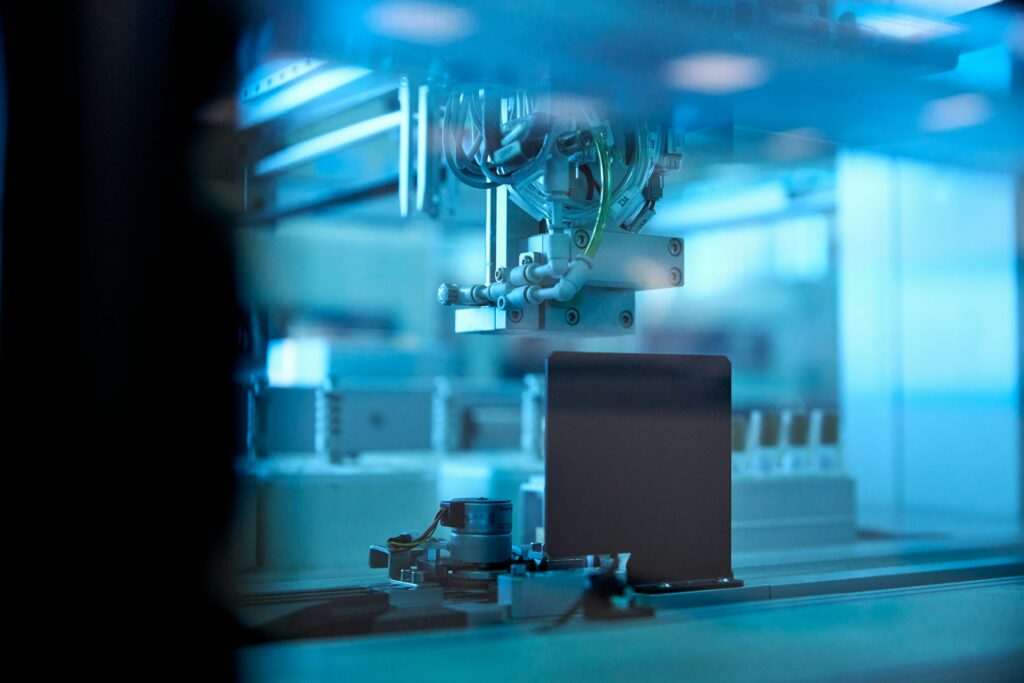
Due to the overall transition of the Electronics industry worldwide to a Pb-free realm, the Space Industry is more and more confronted with a situation where they cannot avoid using EEE parts with Lead-free coatings and they need to manage the associated risks. The growing use of commercial components (COTS), notably for the expanding market sector of constellations, means that European Space Industry is already using large amount of components with lead-free terminations even when the equivalent leaded high-rel version is available. Even though the Space Sector is exempted from RoHS, market pressure may also result on potential future difficult availability of leaded solder paste.
This project addresses the main challenges of the Lead-free transition for the European Space Sector that were described in the Roadmap delivered in 2020 by the ESCC Task Force created to that end. First, we will study the obstacles that hinder today the wider use of COTS components in space projects using existing qualified assembly processes based on leaded solders. Second, we will launch a comprehensive evaluation of two lead-free solders that show promise for the Space Sector including reliability model development.
Lead was added to tin at the beginning of the electronics era mainly to inhibit the growth of whiskers, therefore going to lead-free electronics creates a serious risk for space projects that may result in catastrophic failure in the satellite. The Space sector has developed mitigation approaches but the real challenge is to obtain accelerated tests that will give confidence that, for a given mitigation used and for the duration of the project, the risk is managed and acceptable. For that we propose to perform basic research to advance the state-of-the-art on our knowledge of whisker growth, leading to the determination of the pertinent activation energies that can be used in the design of accelerated tests.
CONSORTIUM
The Consortium is built around 11 partners from 4 different countries selected for their high quality and expertise in the field of space‐based systems, components procurement and testing and materials research. They have all been part of the Task Force that delivered the Roadmap for Pb-free Transition for the European Space Sector.
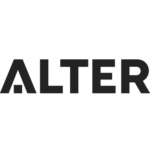
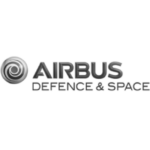

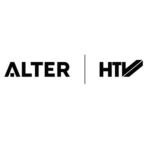
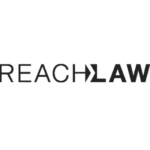
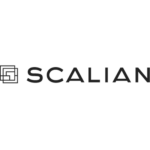
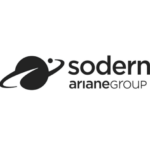
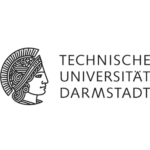
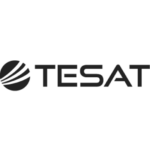
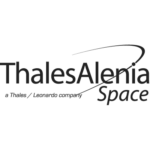
Scalian OP:
Scalian is a service providing company specialized in financial control, procurement and project management with a strong expertise in the aeronautic & European context. SCALIAN is the coordinator of LETTERSS project.
Airbus Defense and Space SAS:
Airbus pioneers sustainable aerospace for a safe and united world through cutting-edge space technology. Airbus has accumulated over 30 years of in-orbit operation, launching its first Earth observation satellite in 1986.
Thales Alenia Space France:
Thales Alenia Space is a global space manufacturer delivering, for more than 40 years, high-tech solutions for telecommunications, navigation, Earth Observation, environmental management, exploration, science and orbital infrastructures.
Sodern SA:
Sodern has been developing cutting-edge technology for the space, defense and neutron analysis markets for 60 years. The world reference in space optronics, Sodern equips nearly one third of international satellites and space vehicles, for all types of mission: telecommunications and observation satellites, scientific and climate monitoring programs, solar system exploration missions and more.
Thales Alenia Space España SA:
Thales Alenia Space is a global space manufacturer delivering, for more than 40 years, high-tech solutions for telecommunications, navigation, Earth Observation, environmental management, exploration, science and orbital infrastructures.
Tesat-Spacecom GmbH & Co.KG:
TESAT is the leading manufacturer of secure space-based communications.
Alter Technology TÜV NORD SAU:
ALTER has played and continues to play an important role in the field of component engineering, procurement and testing in the majority of the European space projects.
HTV Conservation GmbH:
HTV offers the globally unique TAB® long-term conservation process for the long-term storage of electronic components for up to 50 years.
IRT Antoine de Saint-Exupéry:
IRT offers an integrated collaborative environment composed of engineers, researchers, experts and PhD students from academia and industry for research projects in aeronautics and space sectors.
Technische Universität Darmstadt:
TUDa’s department of Electrical Engineering and Information Technology is one of Germany’s leading institutions due to its international orientation and interdisciplinary networking.
ReachLaw:
Established in Helsinki in 2006, REACHLaw provides a full set of REACH and Global Chemicals regulatory services and timely solutions to its customers.
Advisory board
The research in LETTERSS may have wide impact in the Space activities in Europe. For this reason, it is proposed to seek external input to advise the project. The advisory team will be formed by other Space stakeholders, like Space Agencies, which will complete the overall project vision and aims.
